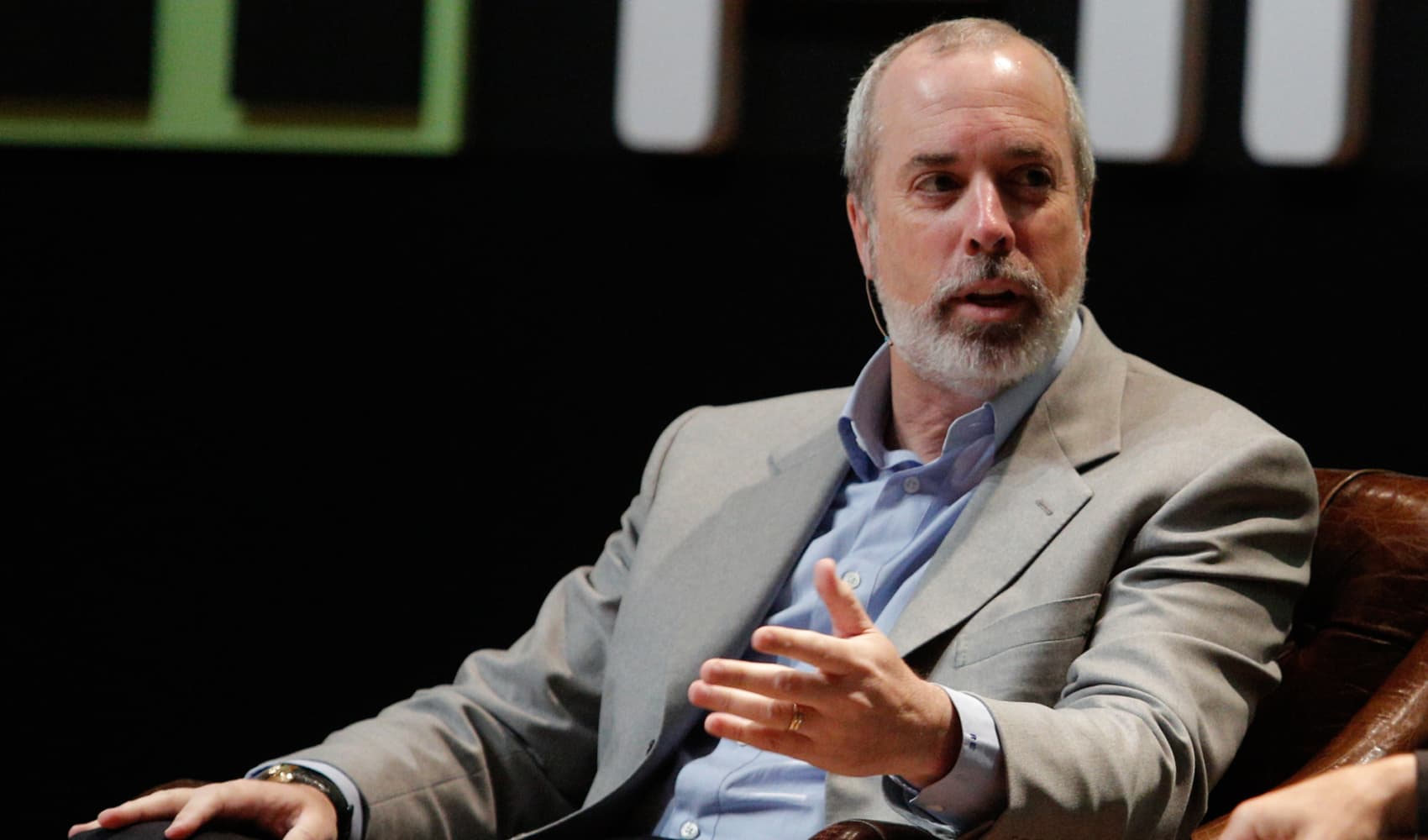Self-Made Millionaire: $40K to $400K in 10 Years - Career Tips
From $40K to $400K: My 10-Year Journey to Millionaire Status (and My Best Advice)
Introduction: The Unexpected Path to Success
Ever dream of hitting the big time? Of trading in ramen noodles for fancy restaurant dinners and that cramped apartment for, well, maybe a mansion? We all do, right? My journey wasn’t exactly a straight shot to the top, but it was a wild, exciting ride that eventually led me to becoming a self-made millionaire. My name is Sora Lee, and my story might just give you the inspiration (and the actionable tips) you need to kickstart your own financial ascent.
I started with a modest salary of $40,000 a year. Fast forward a little over a decade, and I was earning $400,000 in total annual compensation. How did I do it? Through strategic career moves, consistent investing, and a whole lot of hustle. And now, I want to share my best career advice so you can start climbing that ladder too. This isn't a get-rich-quick scheme; it's a blueprint for sustainable success. Sound good?
The Early Days: Building a Foundation
Choosing My Path: Tech Was an Accident
Okay, so here's a confession: I didn't wake up one day and decide, "Yep, I'm going to conquer the tech world!" In fact, I studied economics and political science at UC Berkeley. Tech wasn’t even on my radar. But life, as they say, has a funny way of throwing curveballs. My first job was at a startup called TubeMogul, and from there, I just kept moving forward in the tech industry. Sometimes, the best opportunities come from unexpected places. Be open to exploring options outside of your comfort zone.
The $40,000 Starting Line: Grinding and Learning
My initial salary was around $40,000. It wasn't glamorous, but it was a start. I focused on learning as much as possible, soaking up knowledge like a sponge. Don't underestimate the value of early career experiences. They’re the building blocks of your future success. I worked long hours, volunteered for extra projects, and became a master of my craft. Think of your early career as an apprenticeship. You're paying your dues, learning the ropes, and building a strong foundation.
The Climb: Strategic Career Moves
Leveraging Connections: Your Network is Your Net Worth
One of the most crucial things I learned was the power of networking. I actively built and nurtured my connections throughout my career. Attending industry events, joining professional organizations, and simply reaching out to people I admired made a huge difference. Your network is your net worth. Treat it with care. Don't just reach out when you need something. Offer value, be helpful, and build genuine relationships. Think of your network as a garden. You need to tend to it regularly to see it flourish.
Job Hopping: Smart Moves for Salary Growth
I know, I know. Job hopping used to be a red flag. But in today's world, especially in the tech industry, it can be a smart strategy for accelerating your career growth and salary. I worked at Netflix, Meta, and TikTok, each move bringing me closer to my financial goals. The key is to be strategic. Don't just jump ship for a slightly higher salary. Look for roles that offer opportunities for growth, learning, and increased responsibility. Each job change should be a stepping stone, not a lateral move.
Negotiating Like a Pro: Know Your Worth
Negotiating your salary is an art form. And it's one you absolutely need to master. Before accepting any offer, do your research. Find out what the average salary is for similar roles in your industry and location. Know your worth and don't be afraid to ask for what you deserve. Practice your negotiation skills, and be prepared to walk away if the offer doesn't meet your expectations. Remember, your salary is a reflection of your value. Don't sell yourself short. It's like going to a flea market. You have to haggle to get the best deal.
Side Hustles: Boosting Your Income Streams
Speaking Engagements: Sharing Your Expertise
In recent years, I started exploring side hustles to supplement my income. One of the most rewarding was public speaking. I shared my expertise on topics like career development, personal finance, and the future of work. Speaking engagements not only increased my income but also helped me build my personal brand and expand my network. Think of speaking engagements as a spotlight. They give you visibility and credibility.
Content Creation: Monetizing Your Passion
Another avenue I pursued was content creation. I started a blog and social media channels where I shared my insights and experiences. It allowed me to connect with a wider audience and monetize my passion. Content creation can be a powerful way to build a loyal following and generate passive income. Think of content creation as planting seeds. Over time, those seeds can grow into a flourishing garden of opportunities.
The Millionaire Mindset: Investing for the Future
Consistent Investing: The Power of Compounding
Becoming a millionaire wasn't just about earning a high salary. It was also about investing wisely. I made it a priority to invest a significant portion of my income consistently, even when I was earning less. The power of compounding is incredible. The earlier you start investing, the more time your money has to grow. Think of investing as planting a tree. The sooner you plant it, the bigger it will grow.
Diversification: Spreading Your Risk
I made sure to diversify my investments across different asset classes, including stocks, bonds, and real estate. Diversification helps to mitigate risk and protect your portfolio from market volatility. Don't put all your eggs in one basket. Spread them around. Think of diversification as a safety net. It catches you when you fall.
Long-Term Perspective: Patience is Key
Investing is a marathon, not a sprint. I adopted a long-term perspective and avoided making impulsive decisions based on short-term market fluctuations. Patience is key to successful investing. Don't panic sell during market downturns. Stay the course and trust in your long-term investment strategy. Think of investing as a slow cooker. It takes time for the flavors to meld together.
Starting Kurated Agency: From Employee to Entrepreneur
Identifying a Gap in the Market: K-Beauty in the US
In 2023, I took the leap and started my own agency, Kurated Agency. I saw a gap in the market for connecting Korean beauty brands with creators and outlets in the U.S. It was a risky move, but I was confident in my skills and experience. Starting your own business can be incredibly rewarding, both financially and personally. Don't be afraid to take calculated risks and pursue your passions. Think of starting a business as climbing a mountain. It's challenging, but the view from the top is worth it.
Leveraging Past Experience: Applying My Tech Skills
My experience working in tech for companies like Netflix, Meta, and TikTok gave me the skills and knowledge I needed to succeed as an entrepreneur. I understood the power of digital marketing, social media, and influencer marketing. Your past experiences, even seemingly unrelated ones, can be valuable assets in your entrepreneurial journey. Think of your past experiences as tools in your toolbox. They're all useful in different situations.
Advice for Aspiring Millionaires: My Top Tips
Focus on Skill Development: Invest in Yourself
Continuously invest in your skills and knowledge. Take courses, attend workshops, read books, and stay up-to-date on industry trends. The more valuable your skills, the more valuable you are to employers and clients. Think of your skills as muscles. You need to exercise them regularly to keep them strong.
Embrace Failure: Learn from Your Mistakes
Don't be afraid to fail. Everyone makes mistakes. The key is to learn from them and keep moving forward. Failure is an opportunity to grow and improve. Think of failure as a detour. It may take you off course temporarily, but it can also lead you to new and exciting destinations.
Be Persistent: Never Give Up on Your Dreams
The road to success is rarely easy. There will be challenges and setbacks along the way. But the most important thing is to never give up on your dreams. Persistence is key to achieving your goals. Think of your dreams as stars. Keep reaching for them, no matter how far away they seem.
Conclusion: The Journey Continues
My journey from a $40,000 salary to millionaire status in just over 10 years wasn't easy, but it was incredibly rewarding. It required strategic career moves, consistent investing, and a whole lot of hustle. Remember, it's not about getting rich quick; it's about building a sustainable financial foundation. And, you know what? It's a journey. My journey continues to evolve and yours will too.
Key takeaways? Embrace unexpected opportunities, build your network, negotiate your worth, explore side hustles, invest consistently, and never stop learning. Your financial success is within reach. What are you waiting for? Start climbing!
Frequently Asked Questions
Q1: What's the single most important thing someone can do to increase their income?
The single most important thing is to focus on developing in-demand skills. The more valuable your skills are, the more you can command in the marketplace. Consider taking online courses, attending workshops, or even pursuing further education to boost your skill set.
Q2: Is it really necessary to change jobs frequently to increase your salary?
While frequent job changes aren't always necessary, they can be a powerful tool for accelerating salary growth, especially in certain industries like tech. However, it's crucial to be strategic. Don't just jump ship for a small raise. Look for roles that offer significant opportunities for growth and advancement.
Q3: What's the best way to negotiate a higher salary?
Preparation is key! Before you negotiate, research the average salary for similar roles in your industry and location. Be confident in your worth, highlight your accomplishments, and be prepared to walk away if the offer doesn't meet your expectations. Practice your negotiation skills with a friend or mentor.
Q4: I'm afraid of investing. Where should I start?
Start small and focus on educating yourself. Consider opening a Roth IRA or a taxable brokerage account and investing in low-cost index funds or ETFs. Don't try to time the market. Instead, focus on investing consistently over the long term.
Q5: What if I don't have a lot of money to invest?
You don't need a lot of money to start investing. Many brokerages offer fractional shares, which allow you to buy a portion of a share of stock. Even small amounts invested consistently can add up over time thanks to the power of compounding. Automate your investments so you're saving even when you aren't thinking about it.





